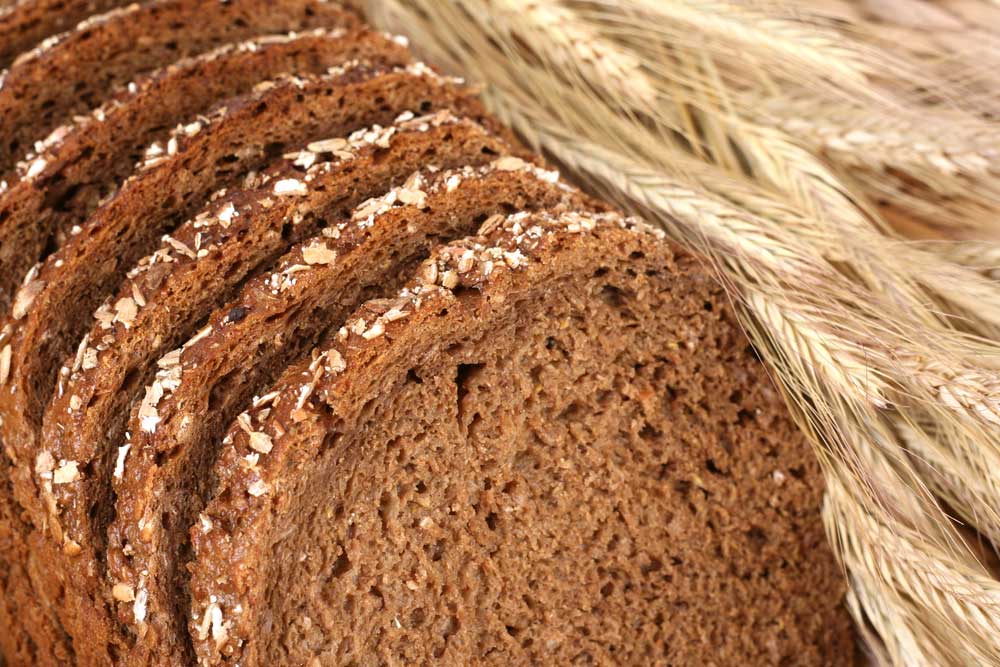
Does It Matter in a Divorce If One Spouse Was the “Breadwinner” During Marriage?
Posted in Alimony, Property Settlement, Separation & Divorce
A common refrain that attorneys hear during the divorce process is: “I earned all the money during the marriage, so why should I have to give my ex half of everything I own?”
Employment income that is earned during the marriage and before the date of separation is considered marital income, regardless of which spouse earned it. North Carolina equitable distribution laws are based upon the concept that marriage is a partnership in which both spouses make valuable contributions. If one spouse is employed outside the home and earns income, and the other spouse is a stay-at-home parent who takes care of the home and family, then both spouses are contributing their respective efforts to the marriage. For purposes of an equitable distribution of marital assets and debts, one spouse’s employment efforts are not favored over the other spouse’s homemaker efforts. In other words, a spouse is not entitled to a greater share of marital property for the sole reason that he/she was the breadwinner during the marriage.
Being the breadwinner during the marriage may provide a foundation for the other spouse to assert claims for postseparation support and/or alimony if the breadwinner spouse is determined to be the supporting spouse and the other spouse is determined to be a dependent spouse. Depending on the circumstances and other factors, if the dependent spouse is substantially dependent upon the supporting spouse for financial support, then the dependent spouse may be entitled to receive an award of postseparation support and/or alimony from the supporting spouse.
This article is for information purposes only and is not to be considered or substituted as legal advice. The information in this article is based on North Carolina state laws in effect at the time of posting.



